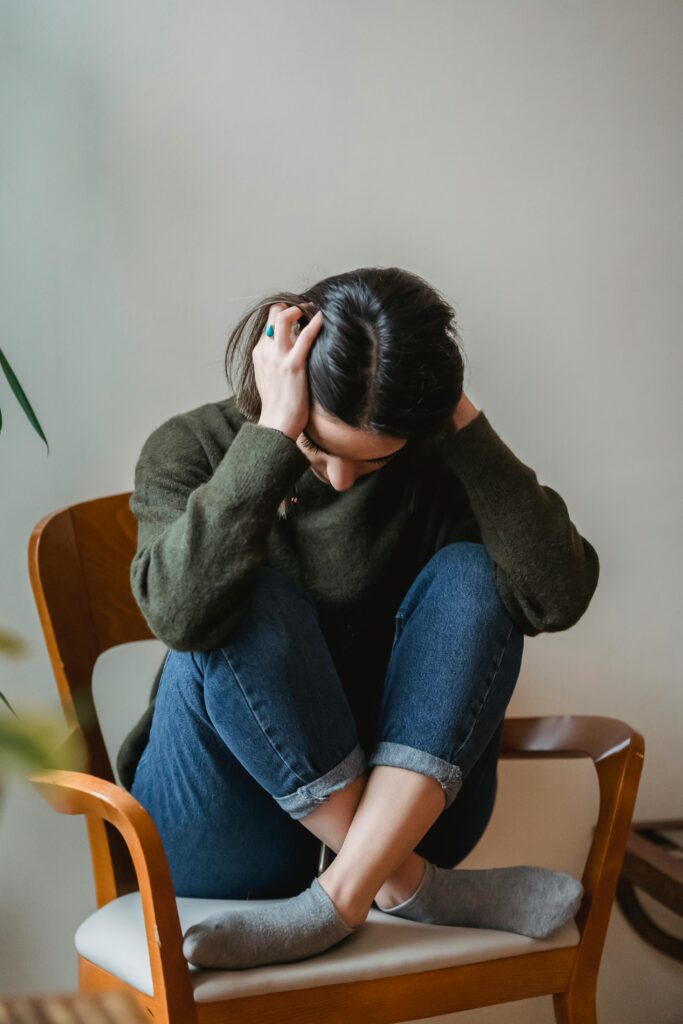Worrying is sneaky! It tells us that if we plan out all the ways something will go wrong, we will be more “prepared”. Worrying tells us that planning for negative outcomes is sensible because it shields us from being “blind sighted”. The TRUTH is worry is in bed with ANXIETY. We may feel better temporarily from worrying about things, but we are always left with more anxiety, sadness and WORRIES after!

Worrying is addictive. The more you worry, the more your brain gets stuck in the habit of worrying. And the more you worry about one area of your life, the more it spreads to worrying about other areas.
Worrying makes you more likely to doubt yourself, which erodes your self esteem over time. It can also impact your memory, because when you are constantly worrying you aren’t present to what’s currently going on in your life. It can rob you of the joy you do have!
Is it possible to NEVER worry? Absolutely not!
But we can stop engaging with the worry wart in our head. We can tell them to go away and ignore them, which reduces their power.
The most effective way to stop worrying is to STOP FIGHTING YOUR WORRIES!
Instead, notice them and practice mindfulness. Get curious about your thoughts and worries and write them down if you feel like they are dominating you. Worrying unchecked causes anxiety.
The key to noticing them is also not feeding in to them, do not google statistics or add any more ammunition to the worries.
Allow yourself to feel the fear in your body, when you use mindfulness skills and put your attention on the sensation in your body, the feeling eventually dissipates. Practice grounding skills and self soothing skills when the sensation becomes too intense.
Journal Prompts
1. How does the worry feel in my body? (Get specific, where is it located, what is the sensation, is there a color associated with it?
2. Does this worry have any basis in facts?
(For example, if you are worried about your partner cheating, have you been cheated on? If yes, use this as an invitation to explore your unresolved feelings about being cheated on or hurt in the past.)
3. How may my worries be an invitation to grow personally?
4. What would it be like to give up this worry?
5. Is there anything I can take responsibility for in this situation? – Is there anything I need from others in my life or boundaries I can set that would decrease my worries?
I hope this information about worrying makes a difference for you!
With grace,
Amanda
To learn more, contact us or book an appointment.





Leave a Reply